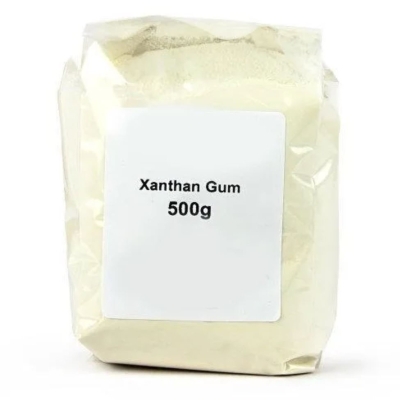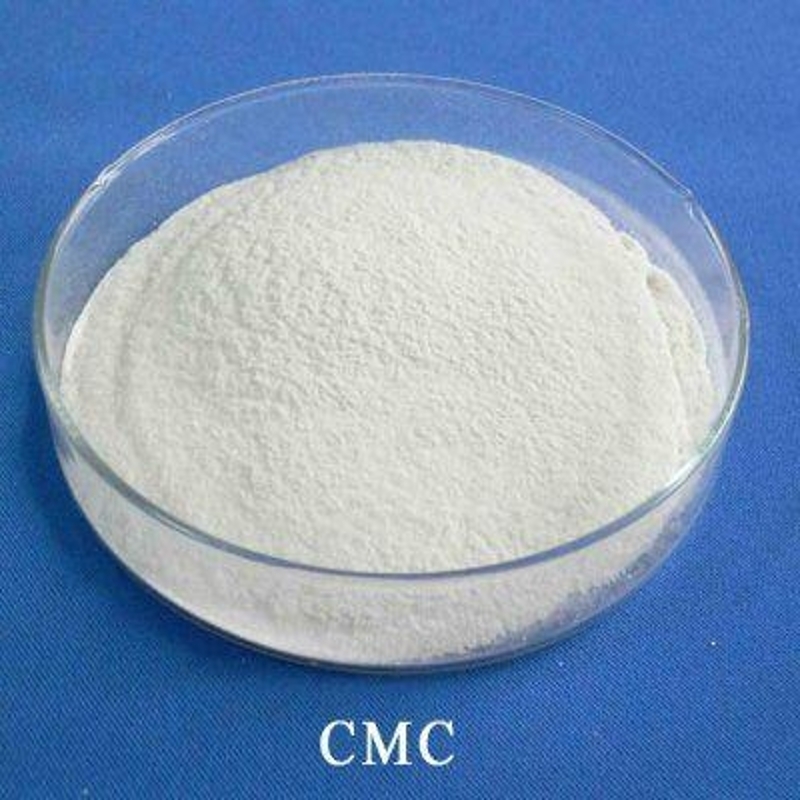Natural dairy thickeners with potential probiotic properties
-
Last Update: 2021-02-18
-
Source: Internet
-
Author: User
Search more information of high quality chemicals, good prices and reliable suppliers, visit
www.echemi.com
Oregon State University (
). Microbiologists at OSU
have discovered and patented and commercialized a new type of dairy or food thickener that adds probiotic properties to the products it applies.thickener is now commercially available, and
OSU
officials say it could have a significant impact on key industries. The polymer has a global market demand of nearly $
70
billion, and is expected to cost the U.S. as much as $
120 billion a year on probiotic products such as yogurt, sour cream
and cheese.new product is made from a natural bacteria isolated in Oregon. This is a decades-old study, and in the
90s
, microbiologists at Ohio State University discovered a new polymer that rapidly thickens milk. The polymer,
ropy 352
, is produced from a non-pathogenic bacteria."
one of many naturally occurring non-pathogenic strains that have been isolated and studied for many years in my research project,
" said
Jane Trempy, a microbiologist at OSU
.
"
found that the bacteria had a completely new, never-before-reported genome that encoded a unique polymer that naturally thickened milk. In basic research, we have also broadened our understanding of how and why this non-pathogenic bacteria produce polymers.the polymer may give fermented foods a silky, thick, creamy properties and may be used as early as sour cream, yogurt, kefir, cheese, cream cheese and handmade soft cheese. It is made up of natural compounds that provide slightly sweeter properties and may improve the sensory properties of low-fat or skimmed foods. Unlike other polymers that are now commonly used as thickeners, this polymer may add probiotic properties to food that are closely related to health."
are actually very few new, non-pathogenic strains that produce unique polymers with excellent properties and food safety,
said Trempy
.
"
for example, in the case of dairy thickeners, a bacterium such as
Ropy 352
can ferment sugar in milk and produce a substance that alters the properties of milk.
”Trempy
these chemical processes are driven by natural bacteria and do not cause disease in humans, but rather potential probiotic effects may contribute to human health.most common polymer, jaundol, has been in use since
1969
and ranges from canned foods to ice cream, pharmaceuticals and beauty products. Huang Yuan gum was obtained by the U.S. Food and Drug Administration "
Generally Recognized Safety
"
, but it comes from a bacterium (known as a plant pathogen) and is suspected to cause digestive difficulties orhigh fever
"
, or cause fever.Trempy
's research project has identified new polymers and will be used for thickening of whole and skimmed milk, lactose-free milk, coconut milk, rice milk and other products designed for dieting or weight gain. In addition, the polymer may have a wider range of applications, such as thickening of pharmaceuticals, health products, fruit juices, cosmetics and personal care products.for a wider range of purposes, microbial polymers are used in food production, chemical production, detergents, cosmetics, coatings, pesticides, fertilizers, film-forming agents, lubricants, explosives, pharmaceutical production and waste disposal.OSU
recently agreed to a non-exclusive license from a global market leader for dairy fermenters for
ropy 352
patented
technology. Further authorization
the
and Corporate Development Office of the OSU Office.
This article is an English version of an article which is originally in the Chinese language on echemi.com and is provided for information purposes only.
This website makes no representation or warranty of any kind, either expressed or implied, as to the accuracy, completeness ownership or reliability of
the article or any translations thereof. If you have any concerns or complaints relating to the article, please send an email, providing a detailed
description of the concern or complaint, to
service@echemi.com. A staff member will contact you within 5 working days. Once verified, infringing content
will be removed immediately.







